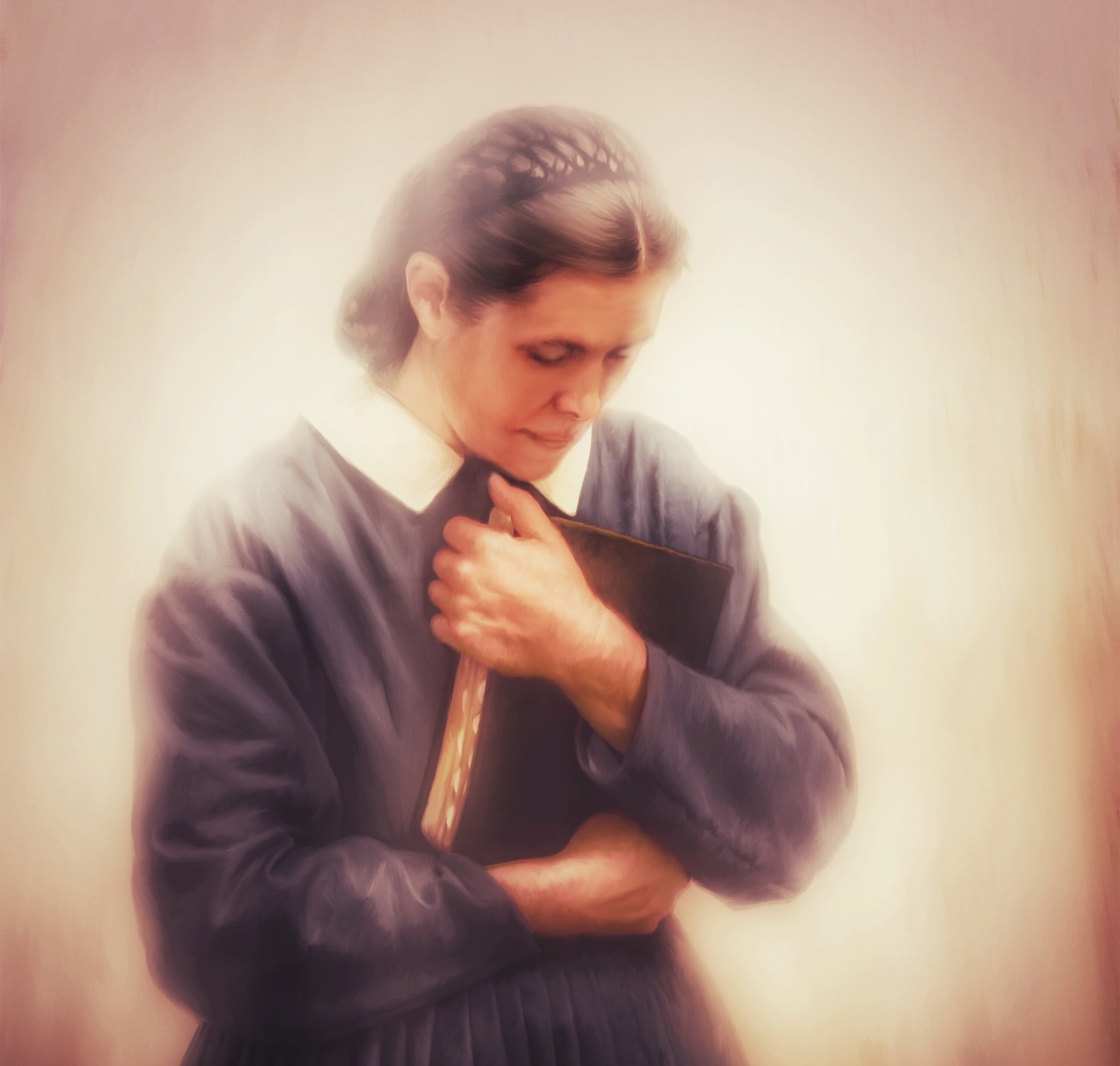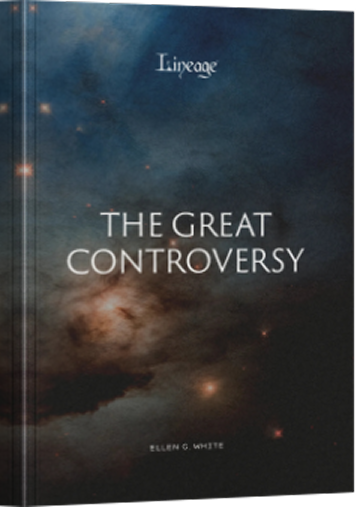God presented the Sabbath to humanity at creation as a gift. As sunset approached on the sixth day of creation week, Adam and Eve, glowing with joy over the abundance of what God had given them, settled into the first Sabbath humanity experienced. The Sabbath is a pause for peace. A slice of time carved out to engage in fellowship with God and one another. A time to remember who we are, where we come from, and who we belong to. The Sabbath establishes our identity as sons and daughters of God. It secures humanity’s dignity as beings created in the image of God.
After the fall, Sabbath-keeping was treasured by the faithful. Cain would have had no occasion or inclination to acknowledge God’s sovereignty over his life, but Seth would have. Each successive generation of Seth’s family line preserved the beauty of the Sabbath. From Abraham to Isaac and Jacob to Joseph, until Egyptian bondage oppressed the Israelites, the Sabbath was a valued part of household life.
While in Egypt, Israel lost sight of the Sabbath until God called Moses to liberate them. When Moses arrived in Egypt, he re-established the Sabbath. Pharaoh protested this by adding to the people’s workload and accusing Moses of encouraging the people to rest or Sabbath instead of working as they were supposed to.
This pattern of Sabbath-keeping appears throughout the history of God’s people; the Sabbath given, relinquished, and restored. When Israel was in the wilderness before they arrived at Mt. Sinai, God gave them an experiential exercise in Sabbath-keeping. In response to their complaints and demands for food, God rained bread from heaven. They were to gather only what they needed each day, trusting that God would supply more the following day. On the sixth day, they were to collect a double portion because God would not send manna on the Sabbath.





